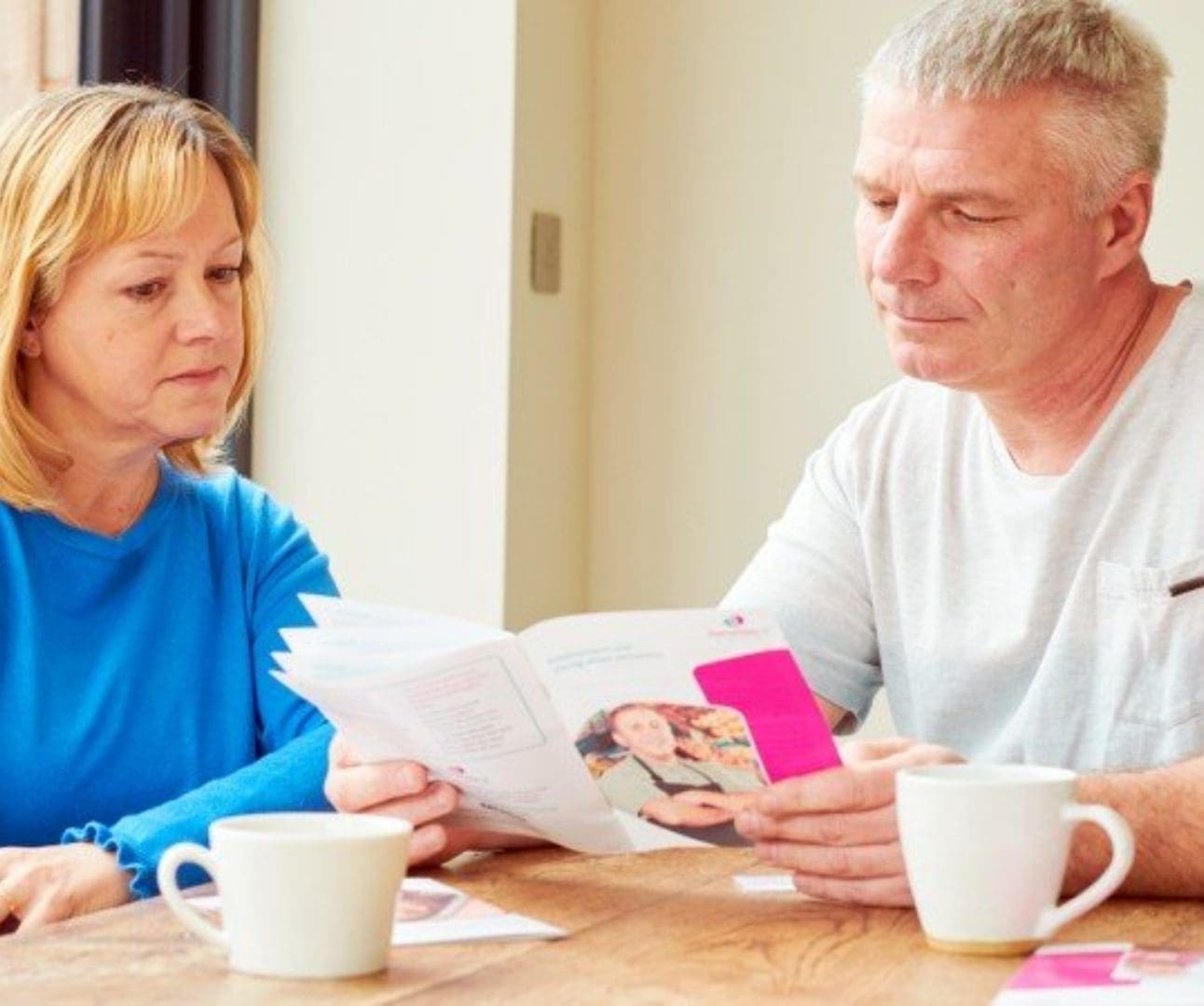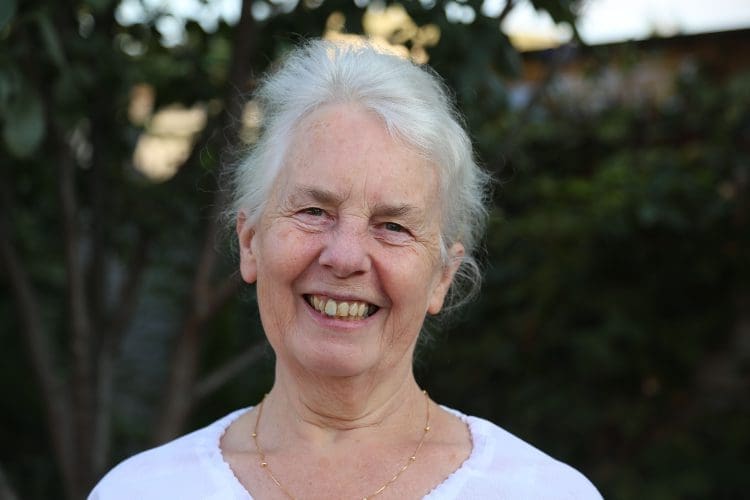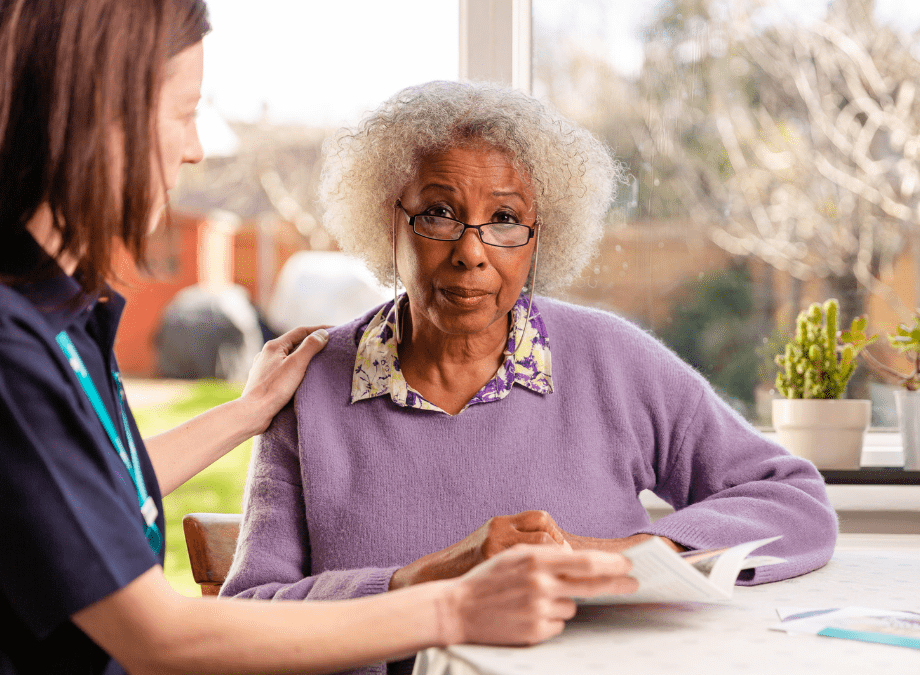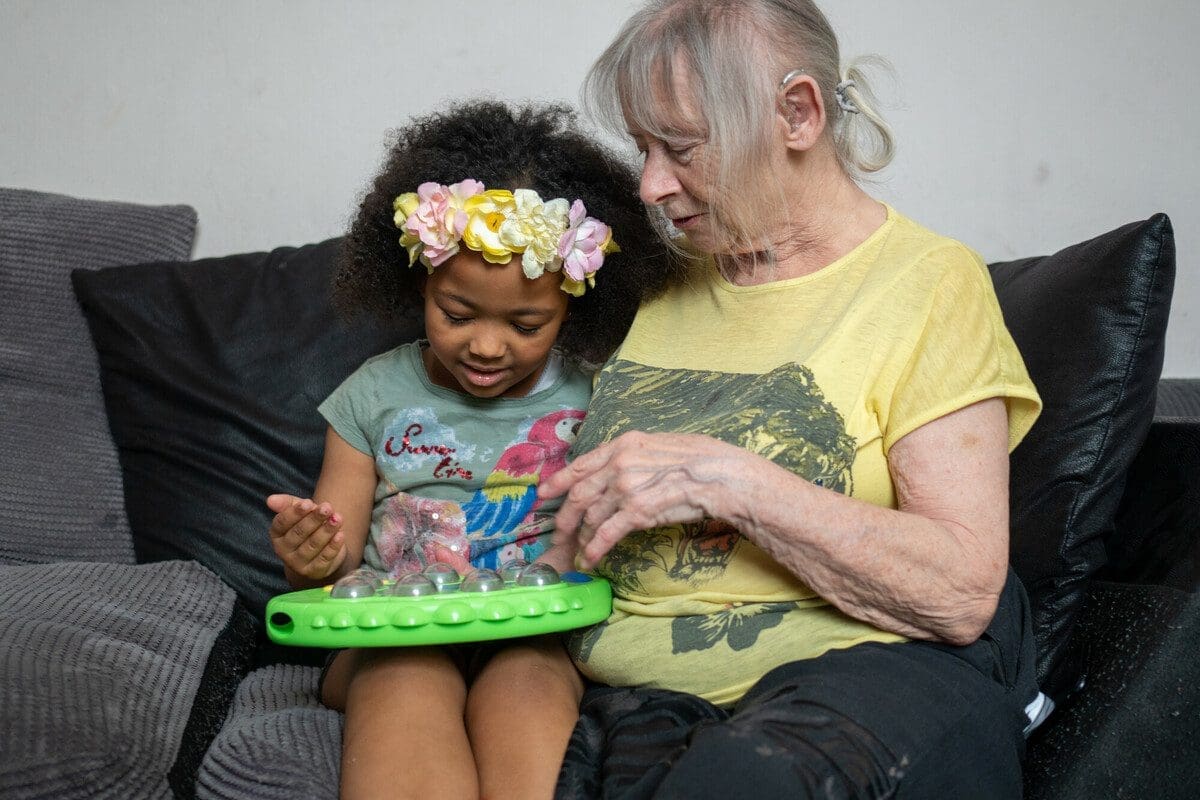
Young onset dementia
Information and resources about young onset dementia, where symptoms develop before the age of 65.

Jennifer was diagnosed with young onset Alzheimer’s disease aged 63. She lives in a dementia-inclusive retirement community and has developed many coping strategies that help her maintain her independence as her condition progresses.
I was diagnosed with young onset Alzheimer’s disease in 2009, aged 63, but I was aware much earlier that things were not right. It started with getting lost and not recognising people, as well as memory difficulties. My husband and I made the decision in 2011 to move to a village where we were well supported. Sadly, he died unexpectedly four months later.
I have always been computer literate and now, my computer is essentially my ‘back-up brain’. My son persuaded me to upgrade my laptop, and I was amazed how user-friendly it is. I have an online calendar which is set up with automatic reminders and can be linked to my adult children’s computers, so they always know what I’m doing or where I am. Computer technology has been a huge help to me since my diagnosis.
Writing reminder notes to myself doesn’t work as I either forget to read them or lose them. Instead, I leave a card on the floor where I’ll notice it. I also leave things that need posting by the front door, and use my Alexa device to set reminders.
My family organise six weeks’ medication at a time for me. I used an automatic pill dispenser for a while but now only use a standard pill organiser as Alexa reminds me to take my medication and checks up on me!
Since moving to the dementia-inclusive retirement community, I can walk to the large supermarket opposite to do my shopping. Prior to this I found shops overwhelming, so I did my shopping online. I subscribed to a brilliant shopping delivery service which suggested items that I had frequently ordered in the past so I could add them to my order. I could make changes up to the evening before my shopping arrived, and get it delivered on the same day and time each week. It saved so much time and hassle with ordering wrong sizes and quantities!
I often found I couldn’t remember whether I had eaten or not, and writing it down didn’t help. The only thing that worked for me was either washing up once a day so I could see which dishes had been used, or not putting anything away until bedtime.
As my dementia has progressed, I am no longer able to cook for myself. But now I don’t need to remember whether I’ve eaten as I have a cooked meal provided daily in my retirement community. If I don’t turn up, they come and find out why!
I’m aware that some people with dementia struggle with their personal hygiene, like changing bed linen, or forgetting to cut their nails or wash. I use the computer to remind me and decide what to wear the day before, laying out my clothes on the floor. I also always go to the loo before leaving the flat.
My son gave me a smartwatch which has transformed my life. It can monitor my activity, tell me to do more exercise if I’ve been sitting down too long, and call the emergency services if I fall over. It also notifies me when money comes in and out of my bank account, which is so much easier than logging into my banking app.
I used to avoid going out on my own as locator devices almost always involve other people and subscriptions can be costly. But this is no longer a problem as my smartwatch can guide me home or alert someone if I get lost, which has freed up my life.
I enjoy doing jigsaw puzzles with other residents, as we encourage each other and have a chat.
I find it hard to read but I enjoy simple games on my tablet and listening to audiobooks on my Alexa. It’s so much easier as I never remember where I got to or even what I was reading – but she does! I also use Alexa to listen to my favourite music.
Watching live television can be very confusing for me. I prefer to watch DVDs or on-demand programmes.
I’m blessed to belong to a local church, where other members take me out for meals. Living in my retirement community also provides opportunities to go on daytrips to different places of interest. I have a card that I can give to people which explains who I am, my diagnosis, what I may struggle with and contact telephone numbers.
I find that annual subscriptions solve the problem of choosing gifts. There are many subscriptions suitable for people of all ages, including grandchildren, and plant and flower deliveries don’t need to be wrapped or taken to the Post Office.
I always try to put things back in the right place straight after using them, but there are several clever ways to locate easily lost items. I use Bluetooth-enabled tracking devices with a connected app. They’re brilliant and can be attached to anything, like my keys and handbag. Lost items can be located via the app, which has been a lifesaver for me.
Dr Jennifer Bute is passionate about helping people understand and learn more about young onset dementia. Her website Glorious opportunity contains useful videos and resources and she has written a book, Dementia from the inside, about her life with dementia.

Information and resources about young onset dementia, where symptoms develop before the age of 65.

Help us raise vital funds, improve care and support for families facing dementia and spread the word about our specialist dementia nurses.

Sharing your story with Dementia UK can help to inspire and reassure others who may be going through similar things.